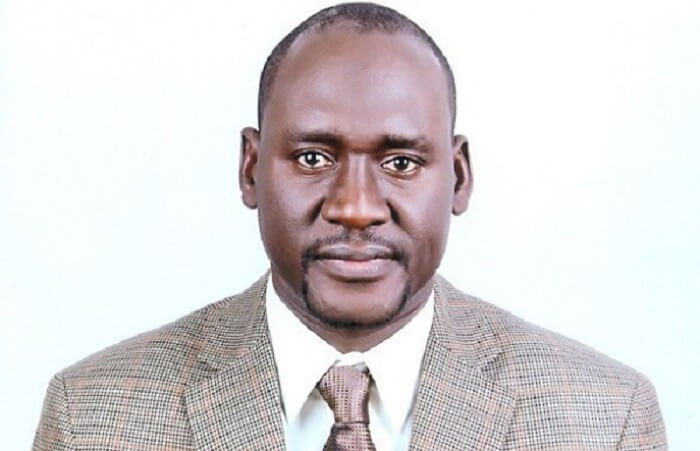The federal government has been asked to adopt Transparency International’s (TI) report and pick lessons from them.
The government has also been lambasted for criticising the recent TI Corruption Perception Index report in which the good governance watchdog rated Nigeria worst since 2013, placing the country as second most corrupt in the ECOWAS region after Guinea-Bissau.
Advertisement
The Executive Secretary of the Civil Society Legislative Advocacy Centre (CISLAC), Auwal Musa Rafsanjani, in an opinion article on Thursday, said instead of condemning the report, the government should look inward and use it as a tool to rejig its economic policies for the good of the country.
CICLAC cautioned the government against dismissing the CPI, stating that “ignoring the CPI report especially if the progress shows a negative trend is extremely irresponsible and ignores the people’s struggle on the ground.”
CICLAC stated that the CPI enjoys “unreserved support from the Nigerian public, who experience the daily reality of corruption in schools, hospitals, governmental offices, private business and all other aspects of Nigerian public life.”
The annual Corruption Perception Index (CPI) published by Transparency International (TI) has been described as an essential tool for political-economy analysis, investment decisions, development cooperation and promoting diplomatic ties.
Advertisement
The group said most Nigerians do not need TI to tell them that corruption was everywhere in the country.
It also said that “it is unfortunate and politically dangerous to attack the messengers, in this case CISLAC/TI Nigeria and partners, and dismiss the results without reflecting constructively on the drivers behind the unfavourable ranking.”
The article carpeted the government’s anticorruption efforts, lamenting that the report “point at negative trend in fighting corruption in Nigeria as well as overall quality of governance.”
It states that Transparency International’s CPI and other similar rankings have earned prominence due to their academic rigour, impartiality and accuracy; even as it noted that “every attack on widely accepted research methodology is rather a sign of desperation and lack of a policy that would make a difference.”
This is even as it applauded the CPI, confirming the accuracy of the methodology employed in the group’s ranking which it maintained was audited twice between 2012 and 2017 by the European Commission Joint Research Centre and found to be conceptually and statistically an honest assessment of the policies should dominate the discussion.
Advertisement
CISLAC bemoaned the unreadiness of the government and other interest groups to discuss corruption drivers and potential policy responses to address them; rather it chose to discredit the report.
“It is interesting to highlight that in 2014, the then National Chairman of APC, Chief John Odigie-Oyegun issued a press statement welcoming the unfavourable CPI results as “an evidence of widespread corruption abound in our everyday life”. This means that in 2014, the methodology and the ranking seemed to be reputable and accurate; and we are forced to wonder what changed.
“It also regretted statements by opposition political parties in 2021 referencing the CPI as evidence of corruption in the current government and politically and egoistically misusing the national failure to address corruption.
It said that “no single political party is responsible for the miserable state of affairs today. It is a collective responsibility of the political establishment and leadership that transcends all political parties and indeed the Nigerian elite.
“After all, in the case of Nigeria, the CPI is one of many indices that show that the corruption fight has not brought significant results. Let us not forget that perceptions are based on the reality on the ground,” said CICLAC.



